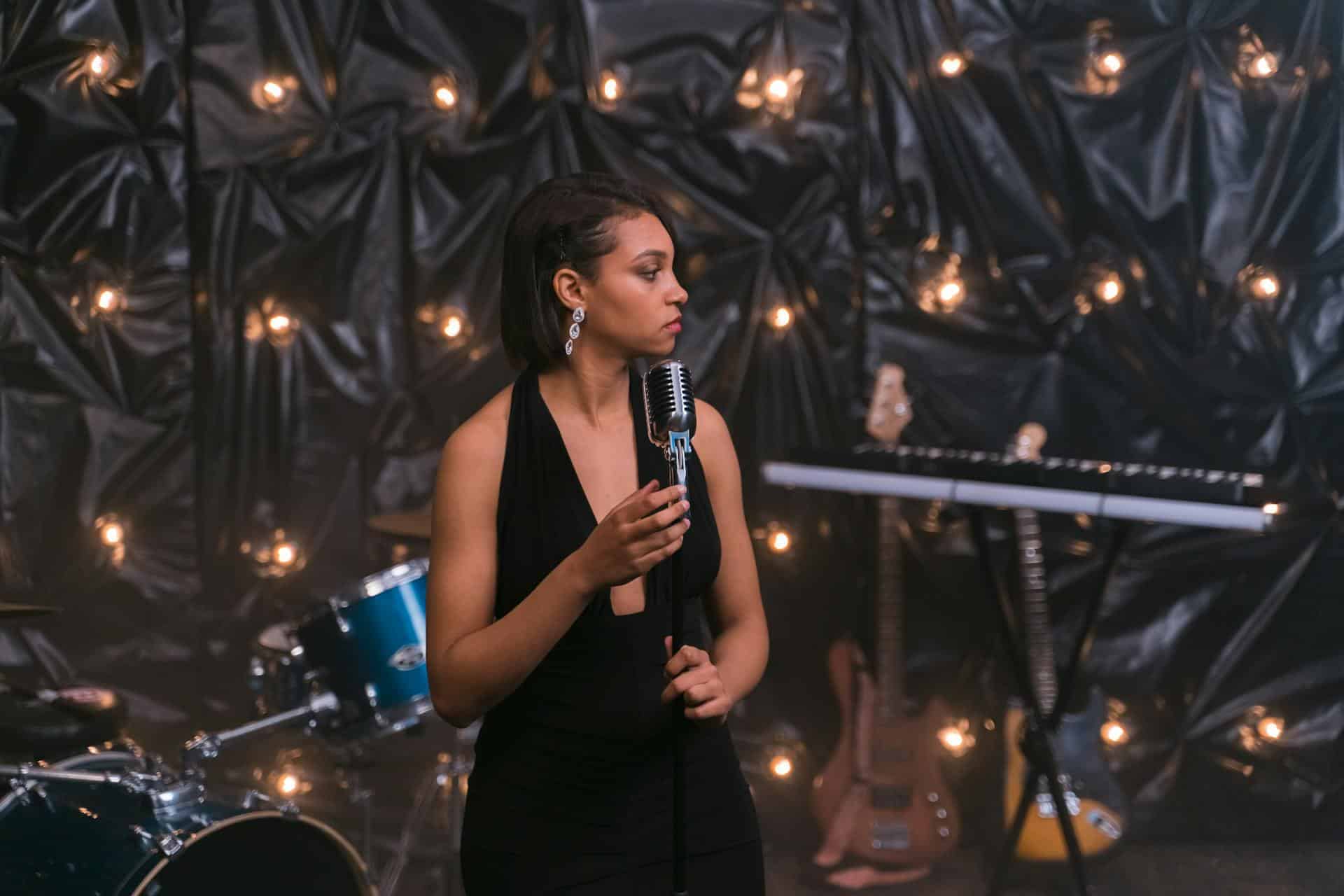The thrill and anxiety of performing live for the very first time as an artist can be an overwhelming mix of emotions. To ensure you seize this opportunity to the fullest, we have curated a collection of valuable tips and strategies that will navigate you through your inaugural live performance. From meticulous preparation and dedicated rehearsals to captivating stage presence and active audience involvement, these insights will empower you to deliver an unforgettable and triumphant performance – that will resonate with your audience long after the lights go on.
Check Out Other Artists’ Performances
By immersing yourself in the performances of seasoned artists like Antonimar Mello, you can gain valuable wisdom and ignite your creative spark. Observe their magnetic energy, their ability to connect with the audience and their captivating techniques. You should also pay close attention to how they effortlessly engage the crowd, utilize their vocal prowess and master their instruments; take note of how Lizzo integrates her flute into her unforgettable live performances with these lizzo vip tickets here. While learning from others is essential, remember to infuse your own style and authenticity into performances. Let these observations serve as a solid foundation for crafting your own mesmerizing live shows.
Plan Your Setlist
It’s absolutely essential to carefully plan your setlist if you want to make a lasting impression during your first live performance. To kick off a set on a high note, start with a high-energy and captivating song that will immediately grab the audience’s attention and leave a positive first impression. From there, strategically plan the flow of the setlist to gradually increase the energy and excitement, building momentum as you go. Remember to showcase your range and versatility as an artist by including a variety of songs. Mix it up with fast and slow-paced tunes, explore different genres and don’t forget to include a combination of original compositions and popular covers.
Consider Your Venue
The success of your first live performance greatly depends on the venue you choose. This means it’s crucial to consider certain factors. Firstly, take into account the size of the venue. This will determine the kind of performance you can deliver and the equipment you’ll require. Secondly, pay attention to the acoustics of the venue. Each venue has its unique sound qualities, so it’s important to understand how your music will resonate in that specific space. If possible, visit the venue beforehand to get a feel for the acoustics and make any necessary adjustments to the sound setup. Next, consider the layout and stage setup of the venue. Familiarize yourself with the stage dimensions, the location of equipment and any potential obstacles. This will help you plan the performance and ensure smooth transitions on stage.
Take Advantage of Soundcheck
Make the most of soundcheck to perfect your performance and ensure that it sounds exactly the way you envision it. The sound engineer is your trusted partner during this crucial time; clearly express your sound preferences, including levels, monitor mix and any desired effects. Take advantage of the soundcheck to test all equipment, from instruments to microphones and amplifiers, ensuring everything is in working order. Treat it like a mini-rehearsal, going through the setlist and fine-tuning transitions, cues and any technical details that require attention. With preparation, effective communication and efficient use of time, you can unleash the full potential of your first live performance.
Talk To The Audience
Talking to the audience is key to creating a memorable and enjoyable performance. It’s not just about talking, but also about listening and responding to their energy and feedback. By paying attention to their reactions, you can adjust your performance accordingly. To establish a personal connection, start by introducing yourself and your band members if applicable. This will make the audience feel more connected to you as performers. Sharing personal stories or anecdotes related to your songs adds depth and meaning to the performance, allowing the audience to connect with your music on a deeper level. Take a moment to explain the meaning or background of your songs, as it helps the audience understand and appreciate your music better, enhancing their overall experience.
If You Make A Mistake, Don’t Stop
Everyone makes mistakes, even the most experienced performers. The important thing is not to let them throw you off or ruin the performance. If you happen to make a mistake during a live show, the best approach is to simply keep going as if nothing happened. In most cases, the audience won’t even notice minor slip-ups, and even if they do, they are usually very understanding. By staying present and giving it your all, you can still deliver an outstanding performance despite any mishaps. Live performances are meant to be thrilling and unforgettable, and even if you stumble, it shouldn’t overshadow the joy of being on stage. So, embrace mistakes as part of the learning process and continue with confidence.






